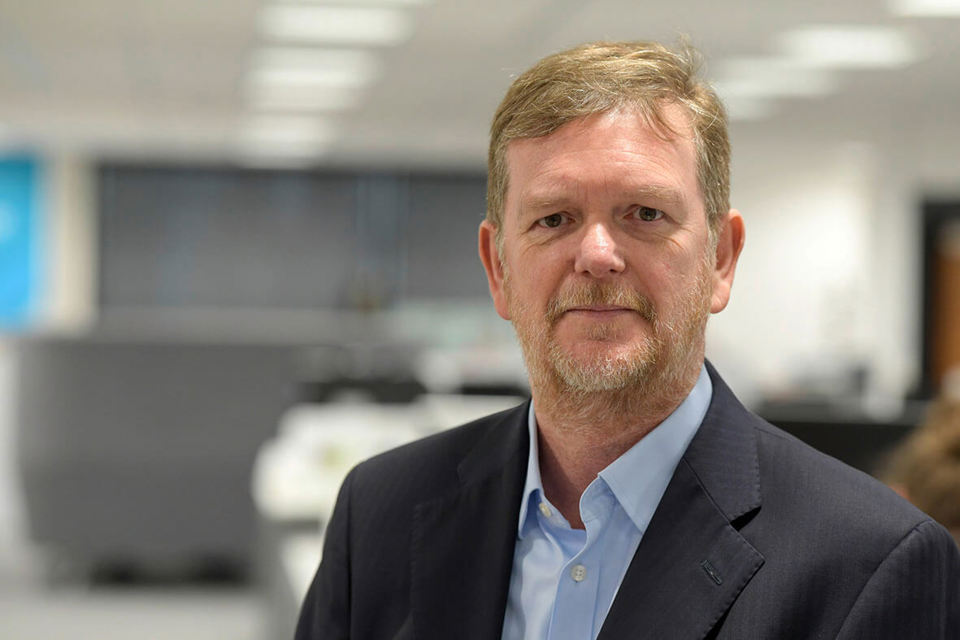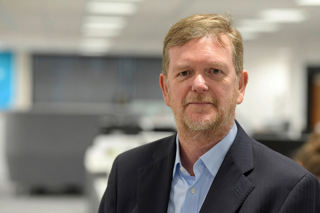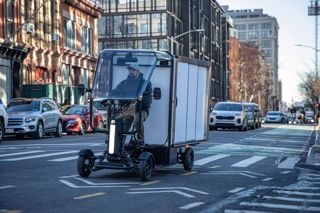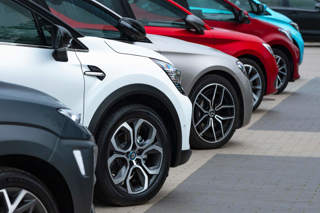This is my third (part one and part two) and final opinion piece about the new Lukas Neckermann book that Arval sponsored which investigates the future of corporate city travel and, in many ways, I believe it is the most resonant.
It’s all about how work patterns are changing and one particular chapter title perhaps sums up the general direction in which we are heading: The Rise of the Gig Economy and the End of the Corporate Model.
You only have to look around you to see evidence of how quickly this shift is occurring – from the rise of Uber and Lyft to Deliveroo and more.
So far, the corporate world where fleets are prevalent has largely avoided this degree of disruption but Neckermann believes that it, too, will see significant change.
He forecasts a future where an increasing section of the workforce will more and more act as independent agents and become part of temporary employee infrastructures assembled to complete specific tasks.
These teams will not exist in the same way as traditional corporate businesses.
For example, a department that would now be installed in an office may in future all work from home and working hours may be entirely flexible.
This shift, if it occurs, would clearly have an impact on the way fleets are organised.
People will still need to move around, so a requirement for the kind of flexible, cost-effective transport provided by the company vehicle is likely to remain, but methods of provision may alter.
For example, it may be that there is an increase in flexible leasing which sees a certain car provided for a specific project.
If you hire a worker as part of a team to complete a contract over 18 months that requires a lot of motorway travel, then it makes absolute sense to provide them with a car suitable for those journeys for that length of time only.
Crucially, Neckermann argues that society needs to find ways to embrace the opportunities this kind of working brings without losing the security of traditional corporate life.
He cites Uber drivers as examples, many of whom love the flexibility of their work patterns but also worry about the volatility of their incomes.
By Shaun Sadlier head of the corporate vehicle observatory, Arval


















Login to comment
Comments
No comments have been made yet.